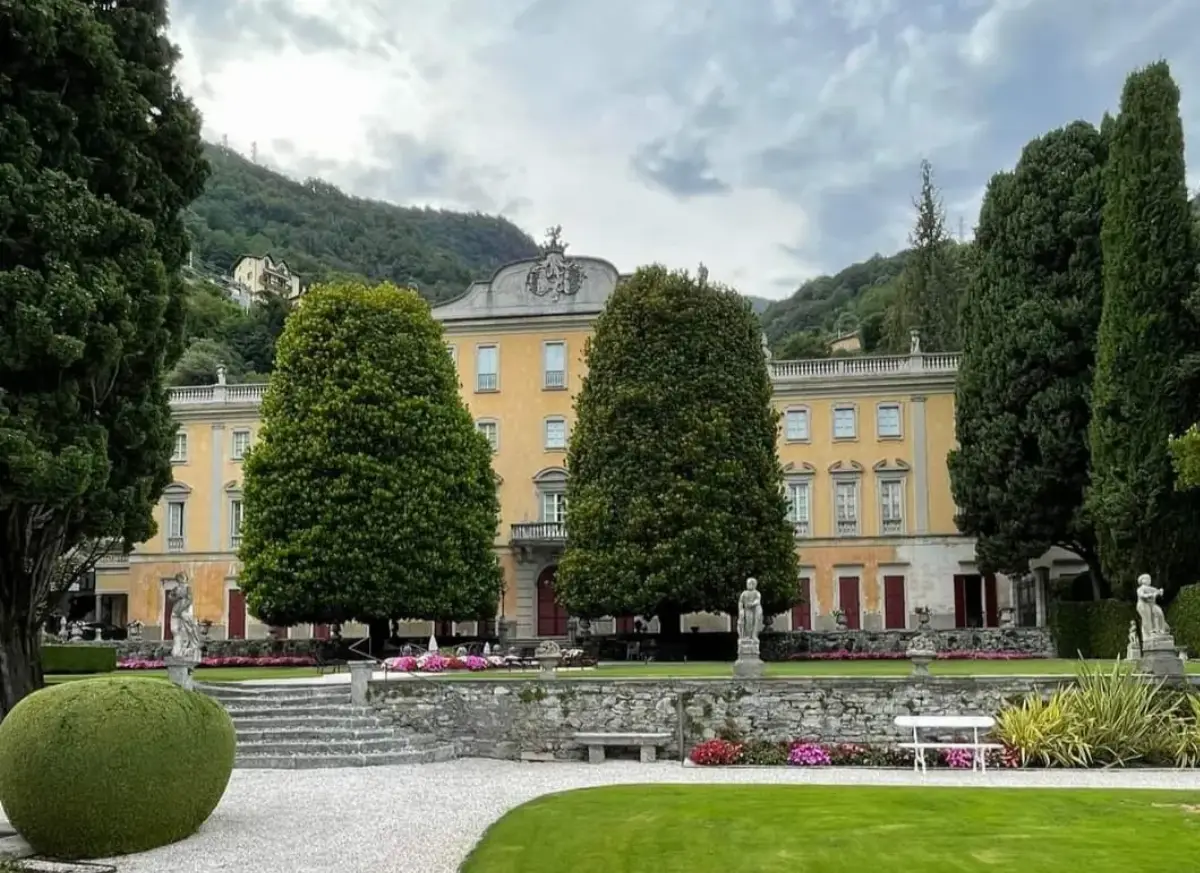
The Urio Castle moves from Opus Dei to Belmond (Lvmh)
Purchased for 63 million euros, it will become a superluxury hotel

Despite the slowdown in the accounts of the luxury giant, Lvmh makes high-end purchases in Italy. The subsidiary Belmond, in fact, has just completed the acquisition of the Castello di Urio, in Carate Urio, on Lake Como with an investment of 63 million Euro, for the purchase of the building and its park.
The objective of Belmond and Lvmh is to transform into a superluxury hotel the historic residence, until a few months ago in the head of Castello di Urio S.r.l., which had an agreement with the Prelature of Opus Dei for the use of the castle for retreats and spiritual formation activities since 1959. In this way the French company operating in the luxury real estate market continues its investments in Italy where it is already owner of the Cipriani of Venice, the Hotel Splendido of Portofino, In addition to the Orient Express trains. The castle has 180 meters of shoreline, a private jetty, extends over an area of 1.9 hectares, and is adorned with sculptures and particularly well-kept Italian gardens.
The transaction closed a few days ago, 8 months after the preliminary contract was signed with the company owner, after the Opus Dei, in November 2023, had anticipated the will not to use the house for spiritual retreats. This is because, he pointed out in a note, "the economic management of the training activities at Castello di Urio had become very expensive, as well as the routine maintenance and the necessary investments to adapt the site".
The castle, built in the 16th century, was originally conceived as an aristocratic residence: it belonged in sequence to the counts Della Porta, Castelbarco and Dupuy and, In the early 1800s it became part of the Melzi d'Eril family. In 1871 it was bought by the ceramics magnate Richard Ginori before passing into the hands of Baron Langheim in 1947.
In the years of use by Opus Dei, the centre has also seen the presence on numerous occasions of the founder of Opus Dei, Saint Josemaria Escriva, and his successor, Blessed Alvaro del Portillo.
EFA News - European Food Agency